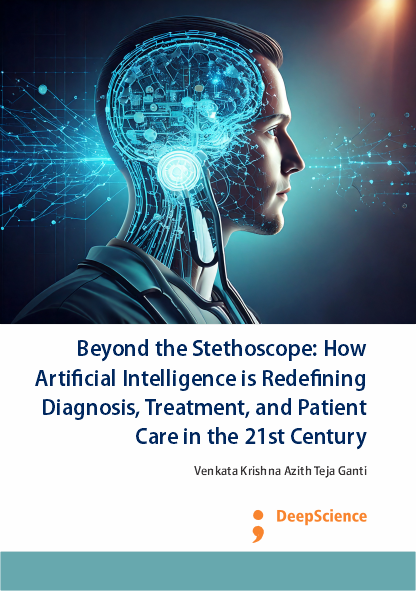Artificial intelligence in patient monitoring: Enhancing care through real-time analytics and remote monitoring
Synopsis
Patient monitoring is a critical aspect of healthcare. Vital signs such as ECG, blood pressure, blood glucose levels, and blood oxygen saturation need to be monitored at frequent intervals to provide timely care and avoid unforeseen adverse events. Currently, these measurements are typically done during an inpatient consultation or periodically during patient visits to a healthcare provider under specific conditions. This in turn generates enormous volumes of data which can be evaluated to identify patterns and anomalies. Real-time monitoring of patients and analyzing these patterns is considered an excellent approach for delivering timely and improved healthcare to patients. This can be achieved by remote monitoring technology which collects patient data in real-time, allows data to be shared with healthcare providers, and employs AI techniques to process and analyze the data continuously and automatically . Digital technologies have made great advancements in monitoring patient health. Modern patient monitoring technologies enable patients to monitor their health parameters continuously and seamlessly using smartphones and wearable health monitoring devices. However, it generates massive health data that need to be monitored and analyzed in real-time to effectively cater to the health needs of the patient.
There is significant work in developing AI systems to analyze patient data and provide timely insights using real-time monitoring technology. In 2020, a model was developed to prescribe the timing and dosage of medications using wearable sensors in real-time and deep reinforcement learning. The treatment of additional cancer patients experiencing severe bone pain at home consists of taking “as needed” medication, bisphosphonates, without food or drink other than water. In this setup, it is easy for a patient with a busy routine to forget to take the pill on time while the opportunity exists. To increase treatment adherence, an intelligent system was proposed that relies on algorithms of both Reinforcement Learning and Deep Learning to maximize the successful completion of the patient taking the right pill. It can shape patient behavior through reminders and rewards in the form of instant oatmeal breakfast for each successful pill administration. From the user's perspective, a system schedule is a reward of +1, a pill 96 hours of no drinking avail, another 48 hours, and zero rewards otherwise. The system also informs healthcare providers each time the patient goes through the complete schedule. However, these systems do not consider contextual information or actuators and do not optimize the timing of the action. With the rapid development of mobile health, the concept of remote real-time monitoring has attracted more and more attention from the research community, and it has a broader application market. Just-in-Time Adaptive Interventions (JITAIs) are a type of technology that can sense patient states, model the likelihood of a future health-related opportunity, and support patient activities when the opportunity begins. JITAIs provide timely intervention to support patients, and reinforcement learning is an effective method for adapting to a patient's changing environment.













